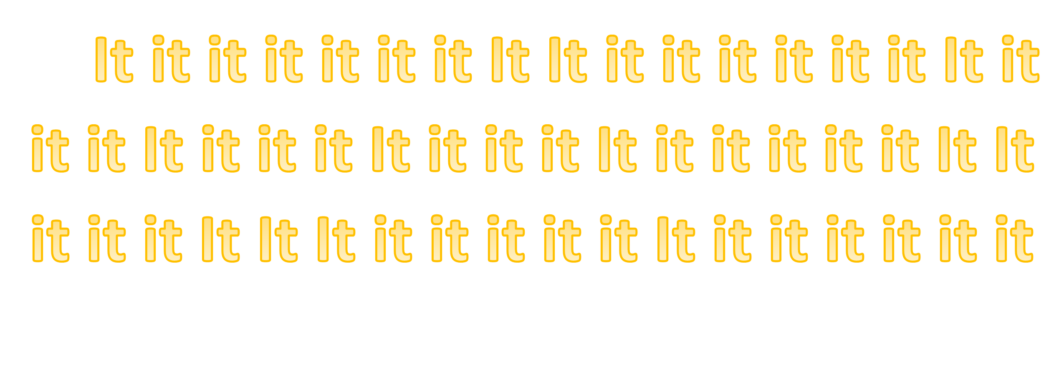I admit, I have pet peeves when it comes to writing and editing, including the overuse of the word “it.” Like a lot of bad writing habits, most of us don’t even realize when we’re doing it.
“Doing what?” you might ask.
Right there, you’ve stumbled on one of the first issues to arise with the overuse of the word “it.” Unless you’ve clearly established what “it” refers to, the pronoun only leads to confusion.
I love this example from The Lit Nerds:
Bad: I love cereal. I was eating it yesterday when it became obvious my phone was broken. So I threw it away.
Better: I was eating cereal yesterday—my one true love in this life—when I realized my phone was broken. I threw the phone away and kept eating.
You also have to make sure that the word “it” directly follows whatever it refers to. In this case, the second “it” in the preceding sentence refers to the first “it,” as in “the word ‘it.’ Let’s turn to Walden University’s “Scholarly Voice” for a clearer (although perhaps not as amusing) example of the confusion that can arise:
If a participant skips answering a question in the survey, I will code it as incomplete. (What does the “it” refer to, the question that was not answered or the whole survey?)
Leading off with the word “it” also increases the likelihood of using the passive voice. Why is that bad? Let’s play with an extreme fiction example:
It was then that she realized that she was doomed.
Compare that to the active version of the sentence—one that shows the action instead of telling the reader about it:
She realized then that she was doomed.
More powerful, right? And a whole lot less convoluted.
Okay, so how about nonfiction writing? Check out this example:
It was discovered that more than half of all men …
Researchers discovered that more than half of all men…
You tell me which sentence you’d rather read. Hint: The winning sentence doesn’t start with the word “it.”



Sorry, comments are closed for this post.